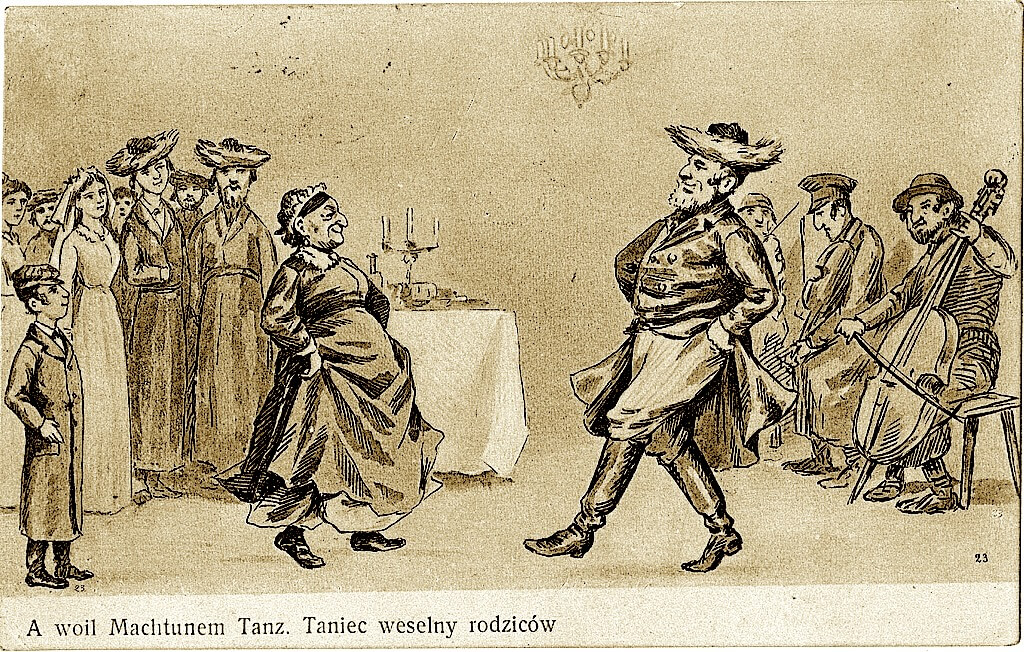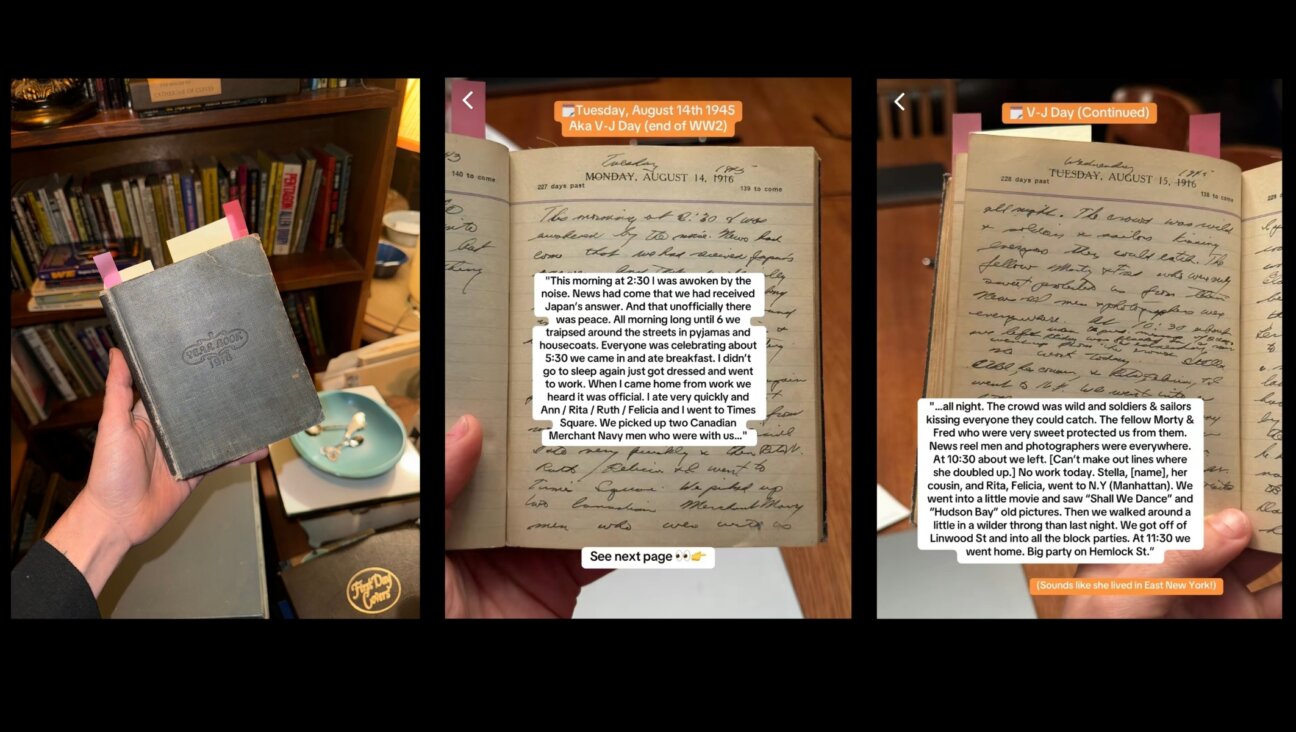Why My Son Underwent Metzitzah B’Peh

The controversial and potentially life-threatening practice of metzitzah b’peh, the oral suctioning of a baby’s circumcision wound by the mohel, is back in the news. As the controversy continues to brew in the secular media, and as Bill de Blasio takes his time coming up with an approach that is “much more effective at protecting the lives of our children,” Hasidic babies the world over are subjected to this dangerous practice each and every day.
But what is the solution? And if there is a solution, is it as simple as a parental consent form?
I don’t believe so. To bring about change in a community that values its customs and traditions, we should focus on educating its leaders. We should not be putting the onus of consent on the parents, who categorically trust their leaders. It simply is not a feasible solution to this health risk.
Close to nine years ago, a middle-aged Hasid and respected mohel put his mouth on my son’s newly circumcised penis. I was home, lying in bed, recovering from a grueling 12-hour labor and subsequent Caesarean section. I was clueless as to what the bris entailed; I only knew that the penis was cut in some shape or form. There was no reason for me to question any further, no reason to believe anything was amiss. Nothing — and I mean nothing — would have deterred my 19-year-old self from absolute trust in the system and its practices. Not even an informed consent form which clearly stated the risks involved. I watched trustingly as my eight-day-old baby was whisked away to shul in my mother’s arms — the same arms that held the other grandsons on the days of their brises, and brought them back safe and sound to their mothers.
Because MBP is believed to be a commandment from God, written in the Mishnah by learned sages, elevated by mystical interpretation, change will not come easily. The precise meaning of this particular Mishnah has been the source of controversy for centuries. The On the Main Line blogger translated this halachic exchange between Rabbi Moses Sofer and his disciple. The rabbi, more commonly known as Chasam Sofer, was a revered leader of ultra-Orthodoxy of the 19th century and his teachings are still widely studied and admired in the Hasidic world today. In the exchange, Chasam Sofer clearly stated his position on MBP: it is unnecessary.
“…I further say that even if it was explicit in the Talmud that the suction is meant to be oral, nevertheless since this is not an integral part of the circumcision, but only adjoined because of a health measure, so if one circumcised and did not suction the blood, he has already performed the commandment, and the baby is permitted to eat terumah [an offering], and the father may make a Passover sacrifice.”
Since bloodletting has given way to modern, safer medicine, many Orthodox rabbis modernized their approach in turn, swapping the oral suction for a sponge or pipette to draw the blood from the wound, as the Mishnah requires. However, the Hasidim and a handful of other ultra-Orthodox factions vying to one-up the Hasidim, have held onto this archaic and dangerous practice.
When customs and traditions take absolute precedence, no enthusiastic mayor with a stack of consent forms will change that. The parents of infants who are circumcised in this manner will overwhelmingly resist signing a consent form if they are not explicitly permitted by their rabbis to do so, or they will sign it paying no heed to the risks. A consent form has no value when the rebbe decries its perceived threats to circumcision from his pulpit, and prohibits the parents from signing it. Furthermore, mohels are venerated and treated as pure and pious. To question a mohel’s health would be unthinkable.
So what is the solution to this? Does the government have the power to influence unimpressionable Hasidic rabbis? Does the government even have a right to interfere, or is this a matter of religious freedom and autonomy? When a child’s life is put in danger, and the parents are willfully consenting to it, what, if anything, can we do about it?
I do not know all the answers, but banning MBP is not one of them. Neither is mandatory consent forms. Only education, and perhaps putting pressure on the leaders, will work.
Photo credit Getty Images
A message from our Publisher & CEO Rachel Fishman Feddersen

I hope you appreciated this article. Before you go, I’d like to ask you to please support the Forward’s award-winning, nonprofit journalism during this critical time.
We’ve set a goal to raise $260,000 by December 31. That’s an ambitious goal, but one that will give us the resources we need to invest in the high quality news, opinion, analysis and cultural coverage that isn’t available anywhere else.
If you feel inspired to make an impact, now is the time to give something back. Join us as a member at your most generous level.
— Rachel Fishman Feddersen, Publisher and CEO























